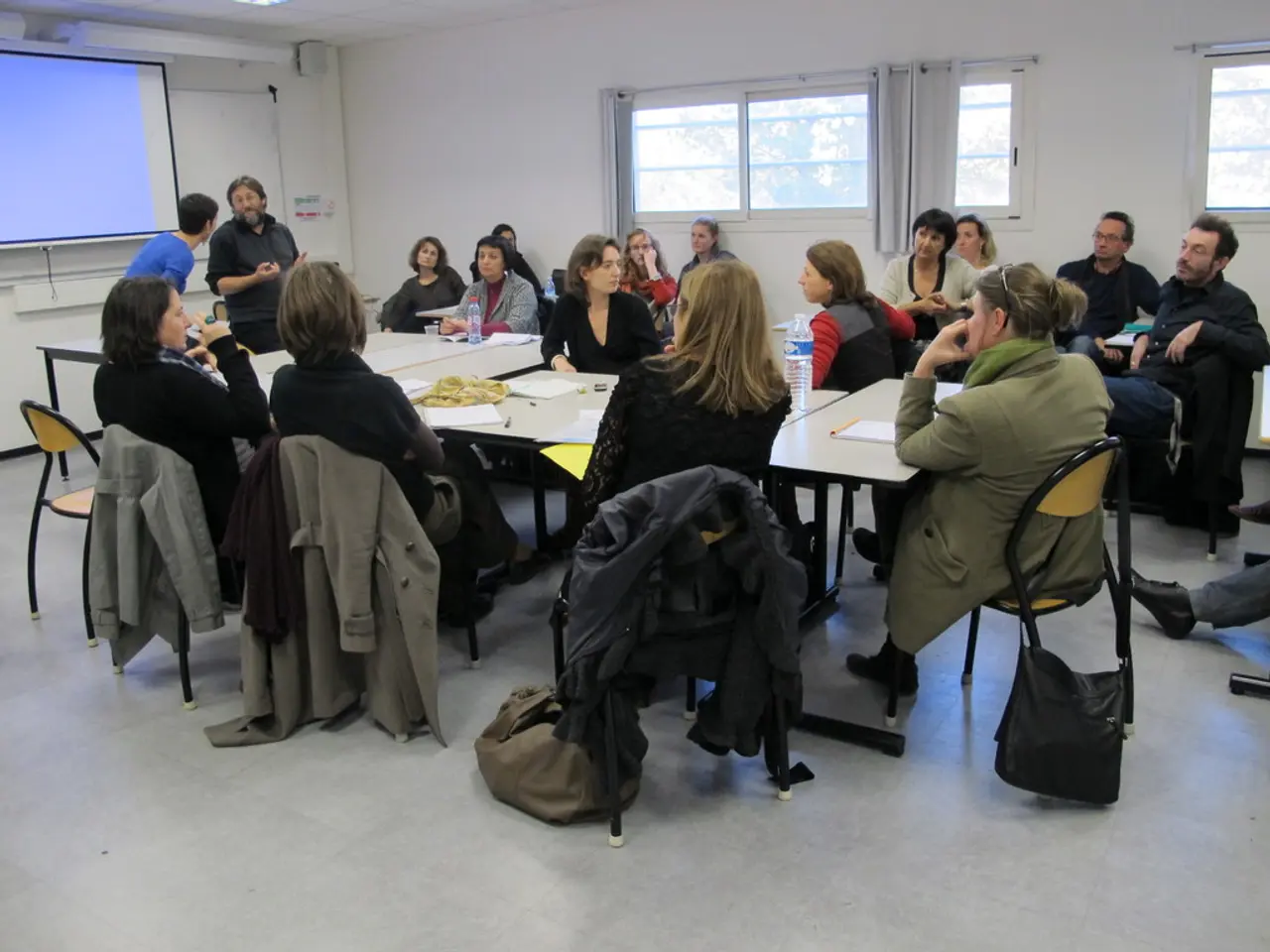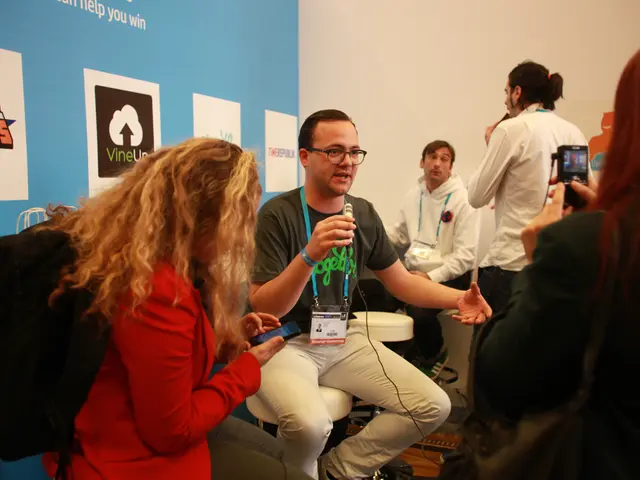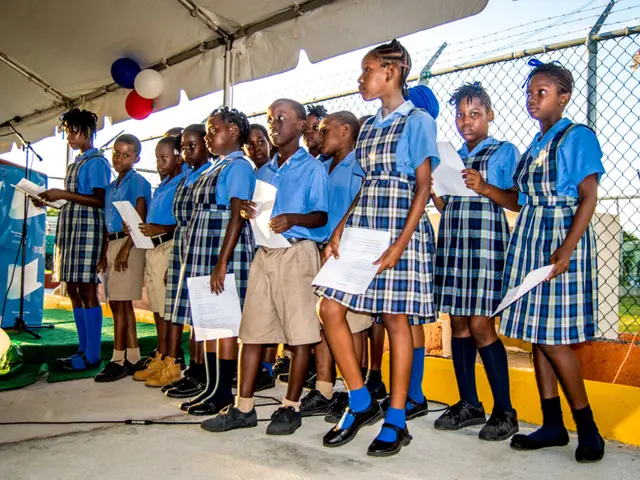Lacking the Camaraderie of Pre-Pandemic Days? Here's an Explanation
In the aftermath of the COVID-19 pandemic, people are gradually returning to pre-pandemic activities in the United States. However, the experience of isolation and loneliness during the lockdowns has left many individuals questioning their social dynamics.
During the pandemic, stringent contact restrictions aimed at protecting vulnerable groups led to significant social isolation. Many people withdrew from social relationships, spending more time alone. This solitude offered benefits such as time to sit mindfully with thoughts, express creativity, and relax.
Yet, humans can adapt to solitude, and for some, the thought of returning to pre-pandemic activities might be overwhelming. This period of self-discovery and personal growth might have prompted a re-evaluation of social relationships. Some friendships may not have been fulfilling, and the pandemic might have illuminated this.
On the other hand, most people need a dose of social interaction alongside their alone time. The size of that dose generally depends on whether one lies more toward the introverted or extroverted end of the spectrum. Creating healthy boundaries in relationships can make it easier to protect one's energy and share it with people who respect one's needs.
Certain friendships work well for a time but may fizzle out once interests or paths change. High school and college friendships don't always last into adulthood. People may have maintained casual friendships during pre-pandemic times to avoid being labeled as a loner or antisocial.
Everyone needs at least a little time alone. Spending time alone is often stigmatized and linked to mental health conditions. When spending time alone leaves one feeling lonely and lost, or one avoids the company of others because one feels afraid of rejoining the world, a mental health professional can offer compassionate guidance and support.
Forgiveness can offer a better balm than anger when it comes to soothing pain and building new bonds with people who do want one's company. Reconnecting with oneself can make one less inspired to rekindle casual friendships or seek out new opportunities for interaction.
Social media accounts are showing more posts of restaurant meals, group activities, and social gatherings, indicating a return to pre-pandemic social activities. However, everyone dealt with different challenges during the pandemic, which could have prevented friends from connecting regularly. Some individuals might feel adrift or uninterested in returning to 'normal' social activities.
Striking the right balance between time alone and time with others can help maintain optimal well-being. It's essential to remember that it's okay to prioritise self-care and personal growth, and it's also important to maintain connections with others. As we navigate this new normal, let's strive for a balanced approach that respects our individual needs and fosters healthy, fulfilling relationships.








